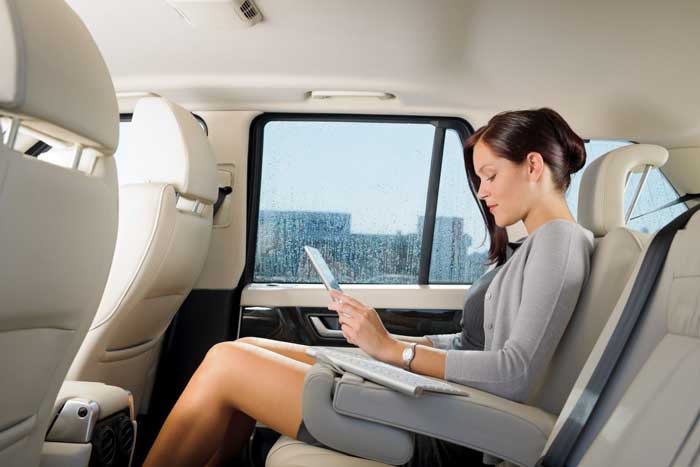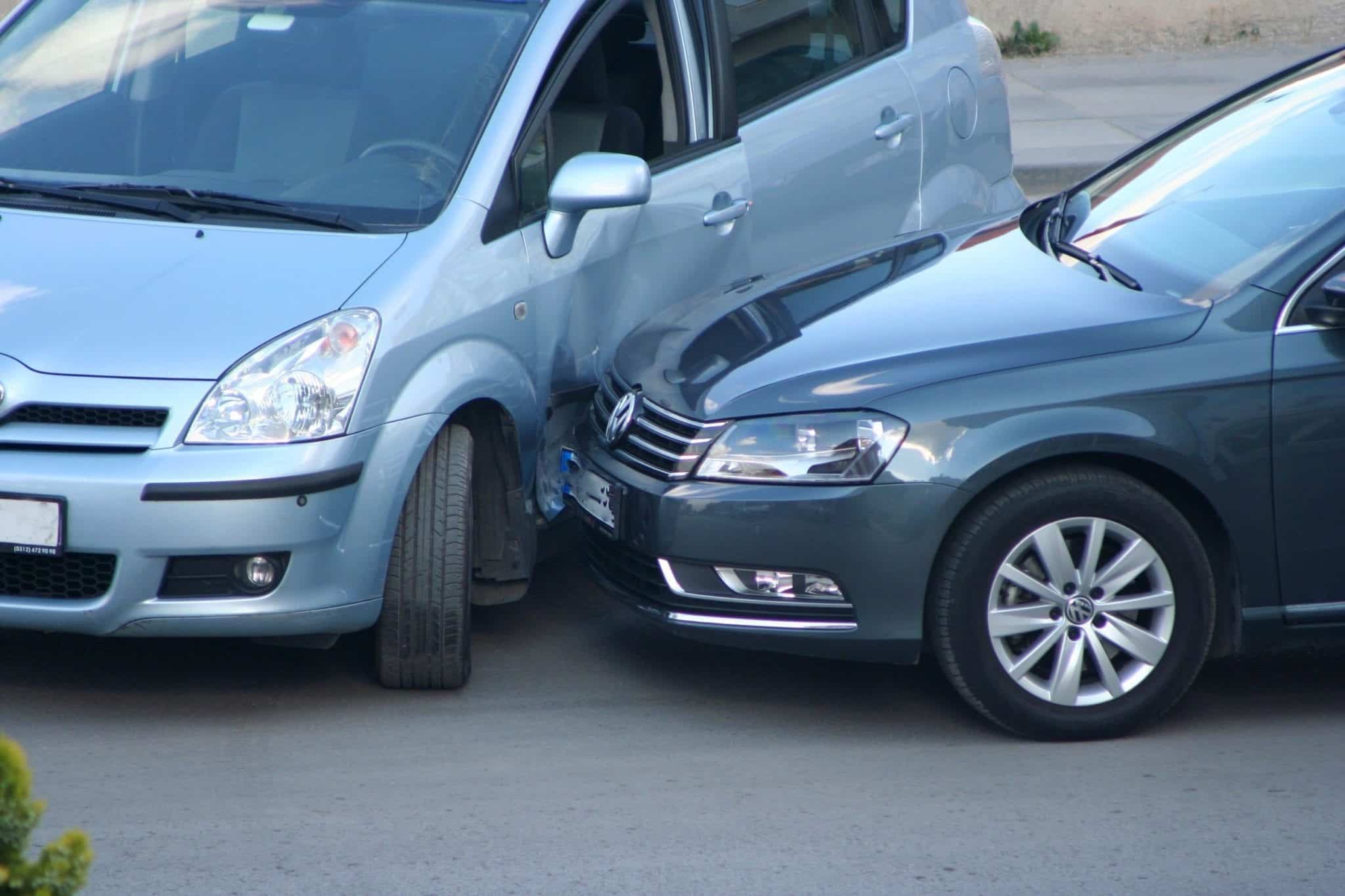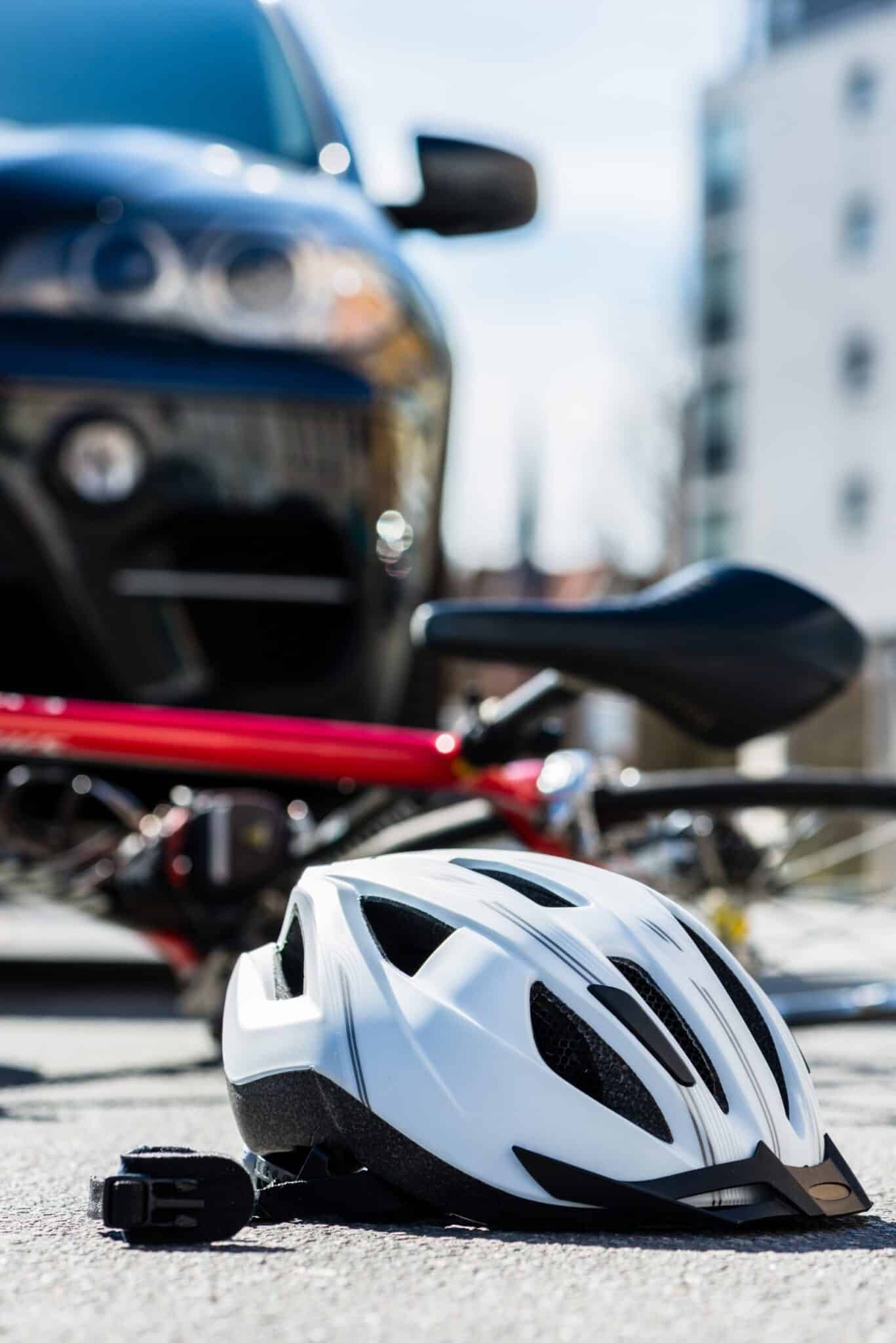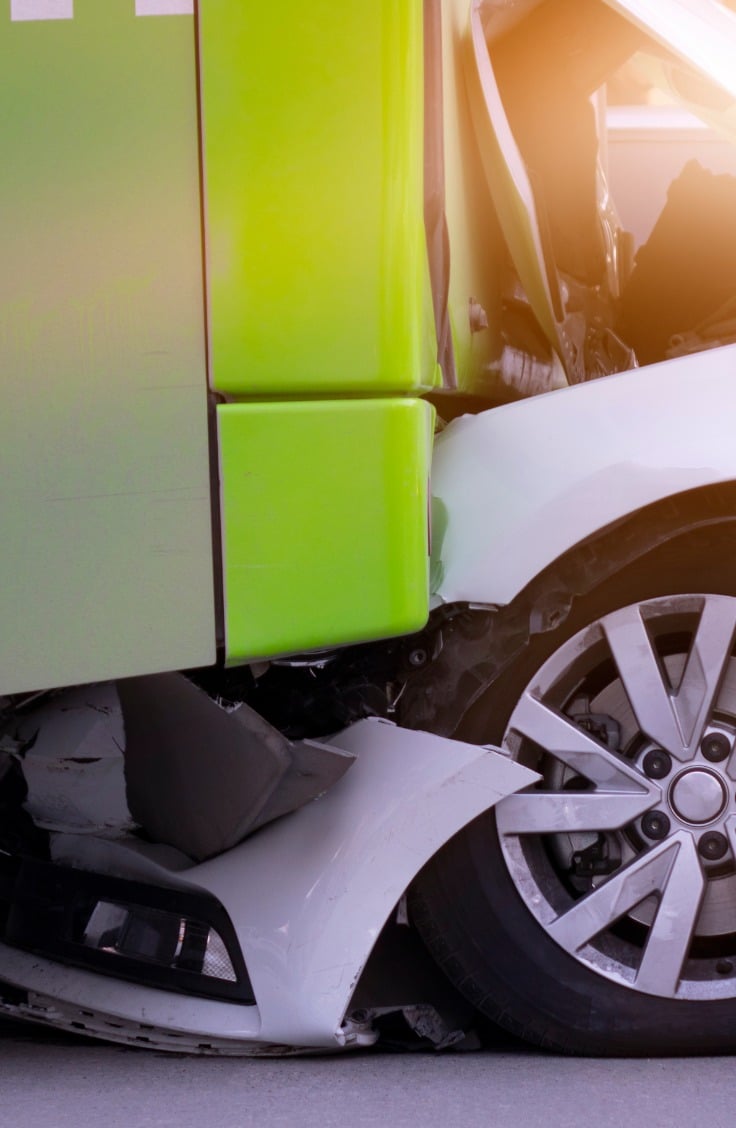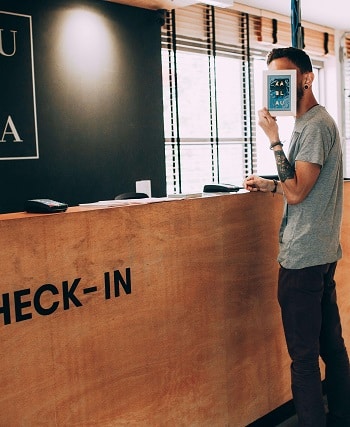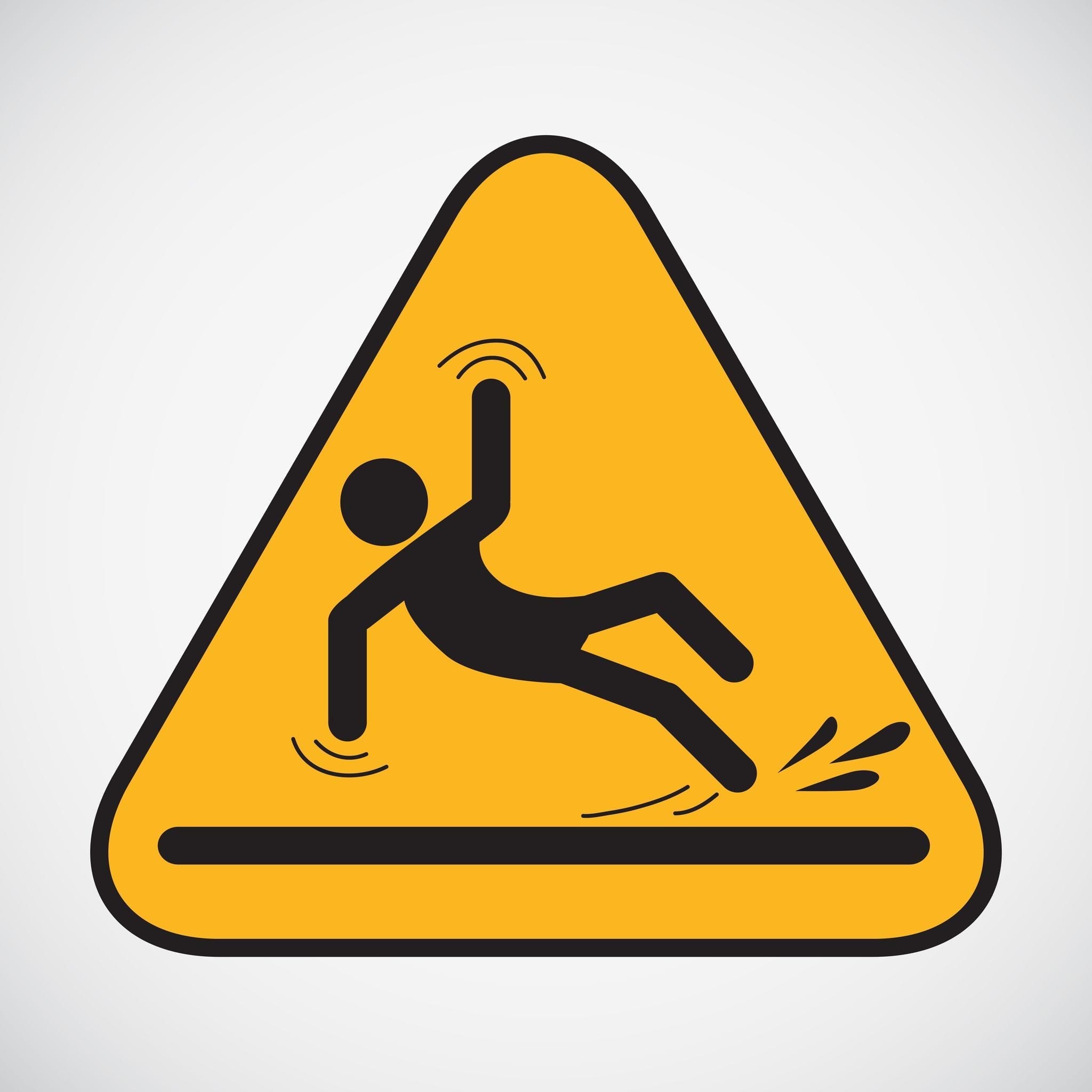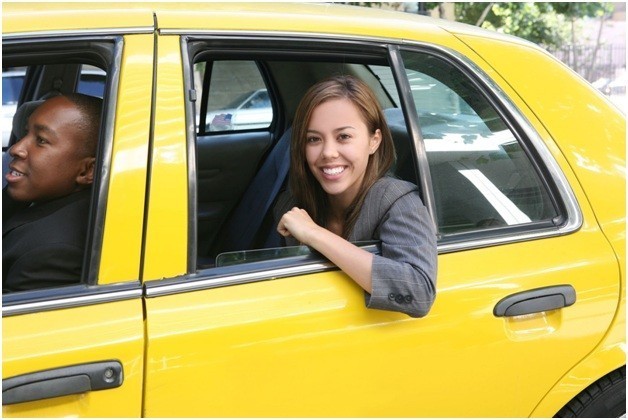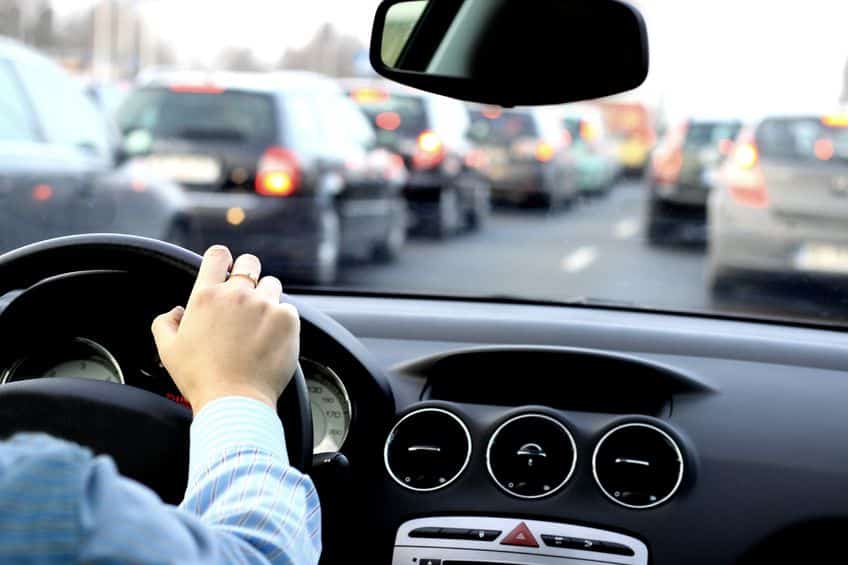What Happens If A Fort Lauderdale Ride-Share Driver injures you?
If A Fort Lauderdale Ride-Share Driver injures you?
The popular ride-share services Uber, Lyft, and Sidecar have worked hard to enter the Florida transportation market, and it looks like they may be successful (despite the best efforts of Florida’s taxi companies). While ride-share services may offer an inexpensive and convenient way for people to get around Florida, they pose certain risks. Ride-sharing is a relatively new business and is still unregulated, which means that if you’re injured in a ride-share accident, you may find the driver’s insurance company unwilling to pay up.
Ride-share companies like Uber have been gaining unwanted attention recently because they may be underinsured. While it should be a ride-share company’s responsibility to pay damages if you or a loved one is injured by one of their drivers in Florida, there’s no guarantee that the company will provide you the total compensation you need to cover your medical expenses and other associated costs, such as loss of income.
So, how can you fight back in the event of an injury? Your best bet is to work with the Law Firm of Andrew Winston on your Uber Accident Lawsuit Claim. We’re a South Florida law firm with ample experience handling all kinds of motor vehicle accident cases, including lawsuits against taxi companies. We’re trial lawyers prepared to go up against any ride-share provider should they enter the Florida market and cause injury.
How Ridesharing Services Operate
To understand the risks associated with ride-share services, it’s important first to understand how these companies work and how they differ from conventional taxi services.
When you get in a licensed taxi cab in Florida, you know that the driver is an employee of a taxi company and that the company is fully insured in the event of an accident. On the other hand, ride-share services hire drivers on what essentially amounts to an independent contractor basis. Drivers are responsible for providing their cars and can use their auto insurance for liability coverage.
Passengers contact independent drivers near them using a mobile app, and that driver will come to pick the passengers up wherever they are. After dropping passengers off at their destination, drivers log the trip with the mobile app, pay part of the fare (usually about 20%) to the ride-share company, and find more passengers using the app.
This system allows ride-share companies to keep their overhead costs low. Still, it also leaves passengers – and other drivers and pedestrians sharing the road with ride-share vehicles – vulnerable in the event of an accident.
How Can a Ride-Share Company like Uber or Lyft Get Away with Not Covering My Injury?
This is the question several past ride-share passengers – and even some other drivers and pedestrians – have found themselves asking after being in an accident caused by a negligent ride-share driver. Unfortunately, companies may exploit several loopholes in this still-young industry to avoid paying up.
- Drivers’ auto insurance doesn’t cover ride-sharing. Most personal auto insurance policies explicitly state that they do not cover accidents that occur when the policyholder is “driving for profit.” That means that even if a ride-share company lets drivers use their insurance for liability coverage, your ride may not be covered.
- You may be expected to cover an accident with your insurance. If a driver’s auto insurance doesn’t cover your injuries in a ride-share accident, the next logical step is to go to your auto insurance company. But what if you have minimal or no insurance because you don’t drive? In that type of situation, this backup solution won’t work.
- Ride-share companies’ “additional coverage” might not cover you. Several ride-share services have responded to the allegations that they’re underinsured by offering up to $1 million in supplementary coverage when their drivers’ insurance falls short. Unfortunately, regulators in several states have warned that ride-share companies’ insurance policies may not cover certain things, like underinsured motorists or your medical bills.
- Ride-share companies may try to distance themselves from drivers between fares. Uber gained notoriety last December when one of their San Francisco drivers struck and killed a 6-year-old girl. Uber initially tried to avoid responsibility by saying that the driver had not been working for them at the time because he wasn’t carrying a passenger (even though he was using the Uber app). After a huge outcry, Uber changed their policy to be liable for drivers in between fares, but there’s no guarantee that other start-up ride-shares in Florida will have the same policy.
Of course, if a ride-share driver injures you, the last thing you want to hear is an excuse that lets the ride-share service avoid liability. If you need an answer to the question, “What can I do to recover damages?” The Winston Law Firm can help you answer that question. We’ll look closely at the details of your case to get you the settlement – or, if necessary, the verdict – you need to move forward.
Let The Winston Law Firm Take on Negligent Ride-Share Providers
When you pay for transportation using a service like Uber, Sidecar, or Lyft, your driver and that company should have a duty of care to you. When they violate that duty, and you suffer an injury. As a result, it only makes sense that the company should compensate you. Let The Winston Law Firm advocate for your rights if that company or their insurance provider refuses to compensate you.
If you want to learn more about how we can help you in the event of a ride-share accident in Miami, Fort Lauderdale, or the South Florida area, schedule a free initial consultation today. You can call our office locally at 954-606-6606 or toll-free at 866-306-9606. Additionally, you can get in contact with us by sending an email to awinston@winstonlaw.com or filling out the short contact form on our website. No matter your chosen method, we strive to provide a quick response.
Don’t pay for someone else’s mistake. Contact us today.
